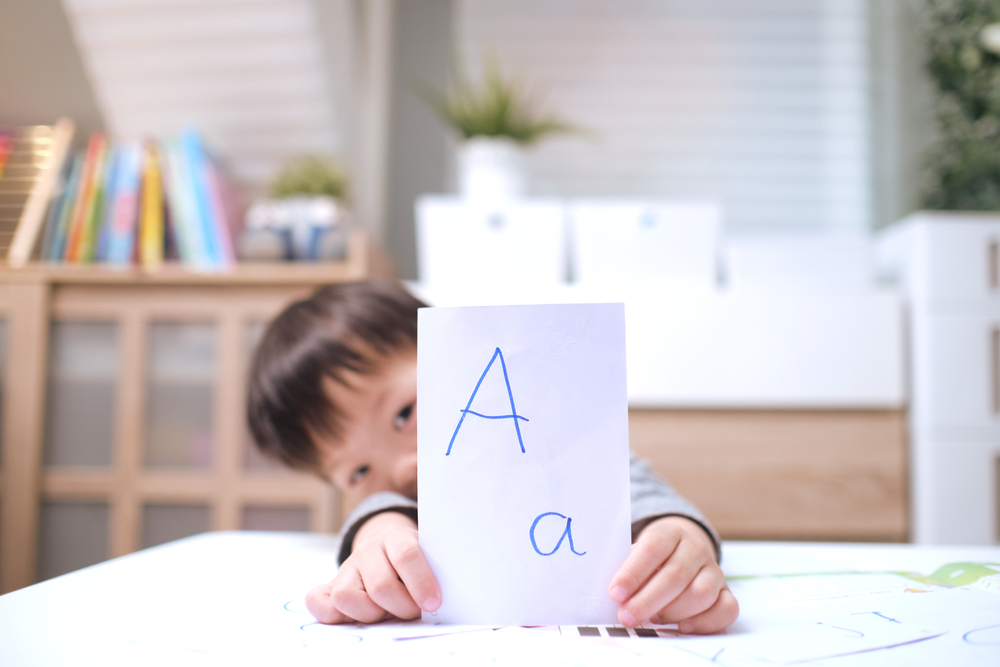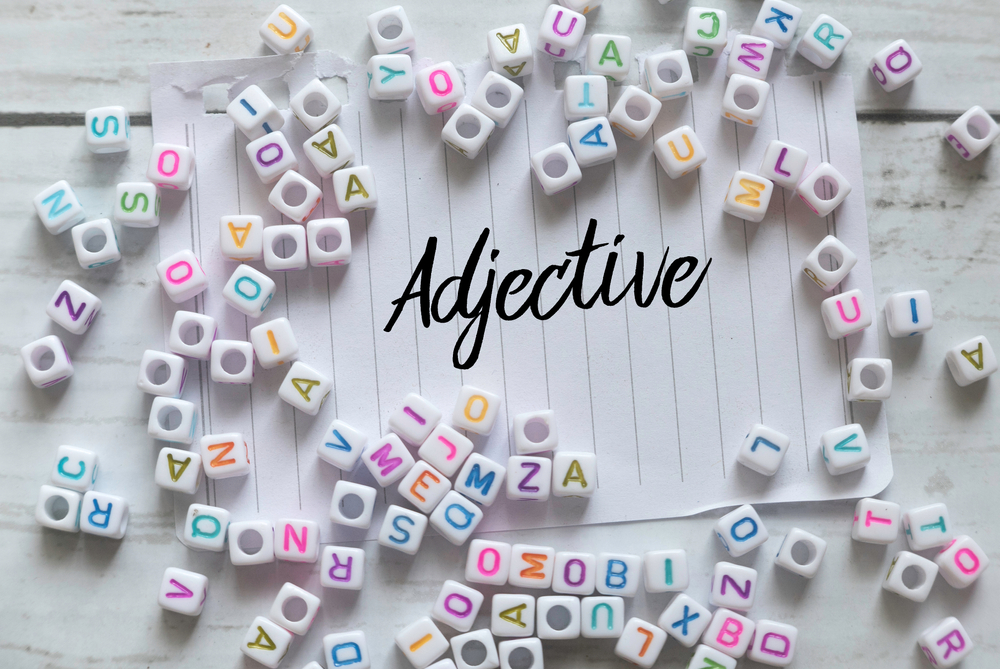Vocabulary Building Reading Worksheets for 6-Year-Olds
16 filtered results
-
From - To
Enhance your 6-year-old's vocabulary with our engaging Vocabulary Building Reading Worksheets! Designed to foster language development, these printable worksheets provide a variety of fun activities that stimulate learning. Children will explore new words through contextual reading exercises, matching games, and creative writing prompts, all tailored to their reading level. These worksheets not only elevate vocabulary skills but also improve comprehension and confidence in young readers. Perfect for at-home learning or classroom use, our resources are crafted to ignite a love for reading and empower kids to express themselves effectively. Start nurturing your child's language journey today!
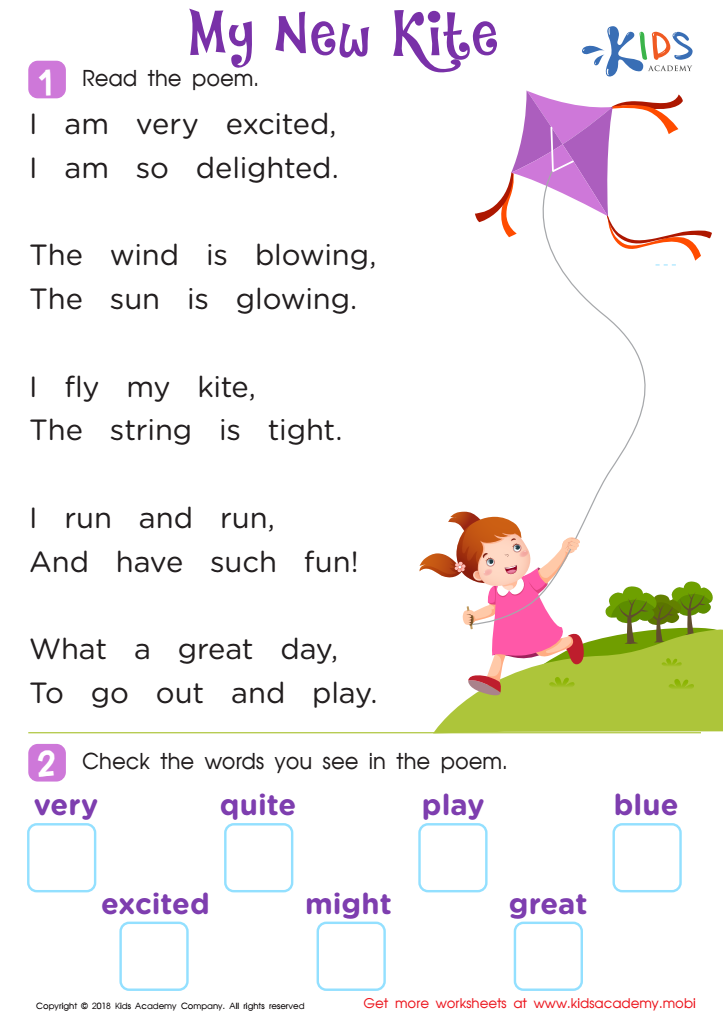

Poem: My New Kite Worksheet
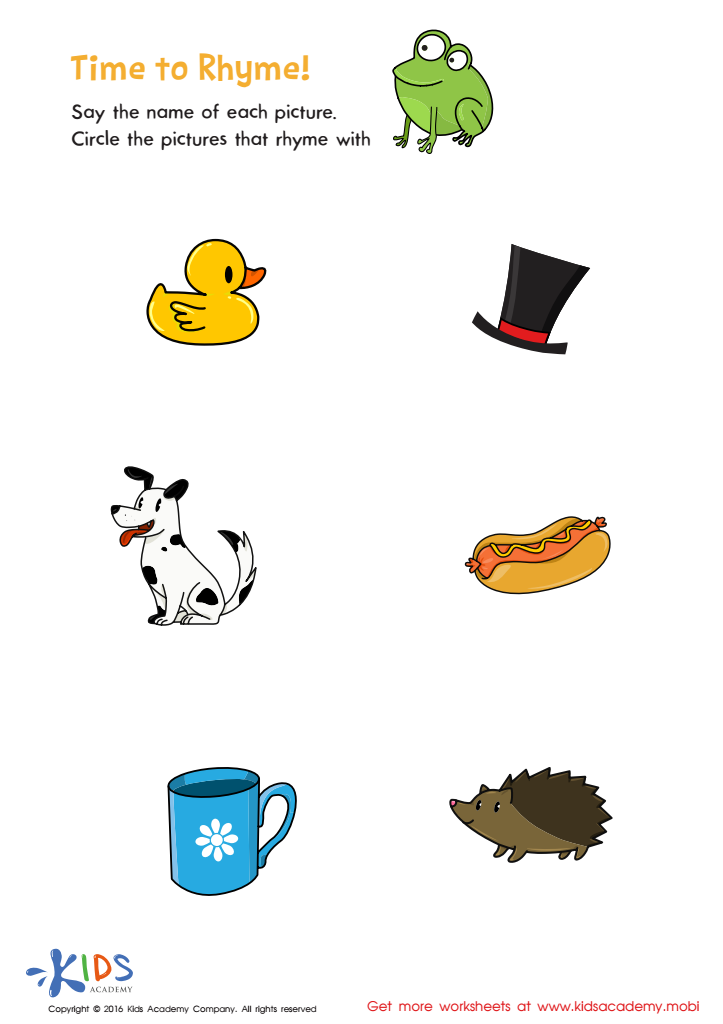

Rhyming Worksheet: Time to Rhyme Rhyming Worksheet
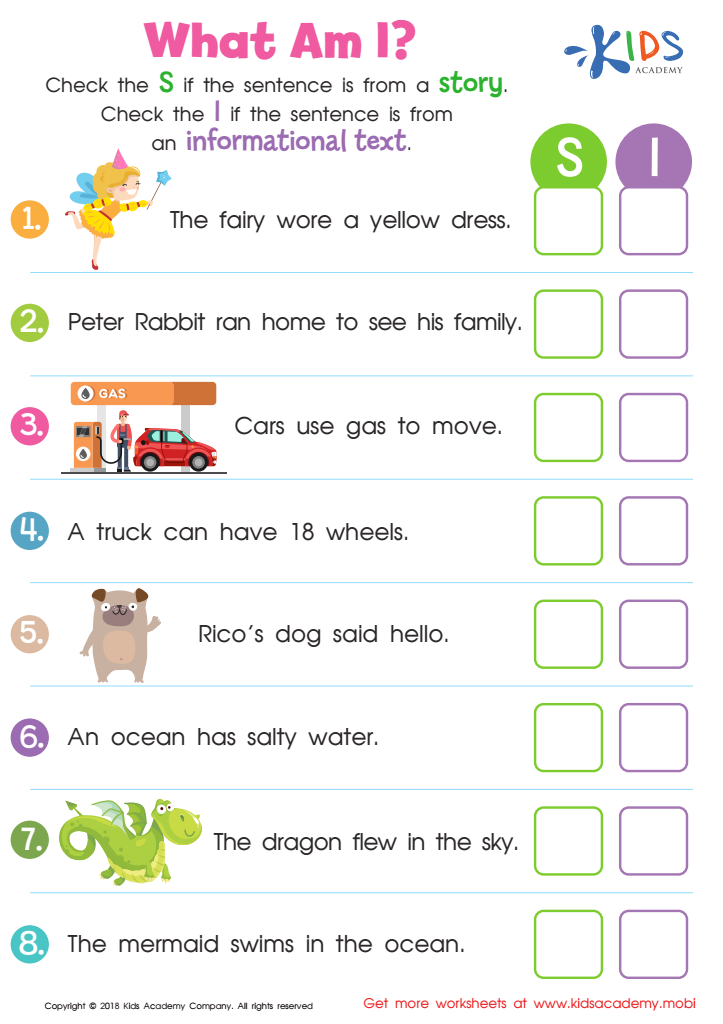

What Am I? Worksheet
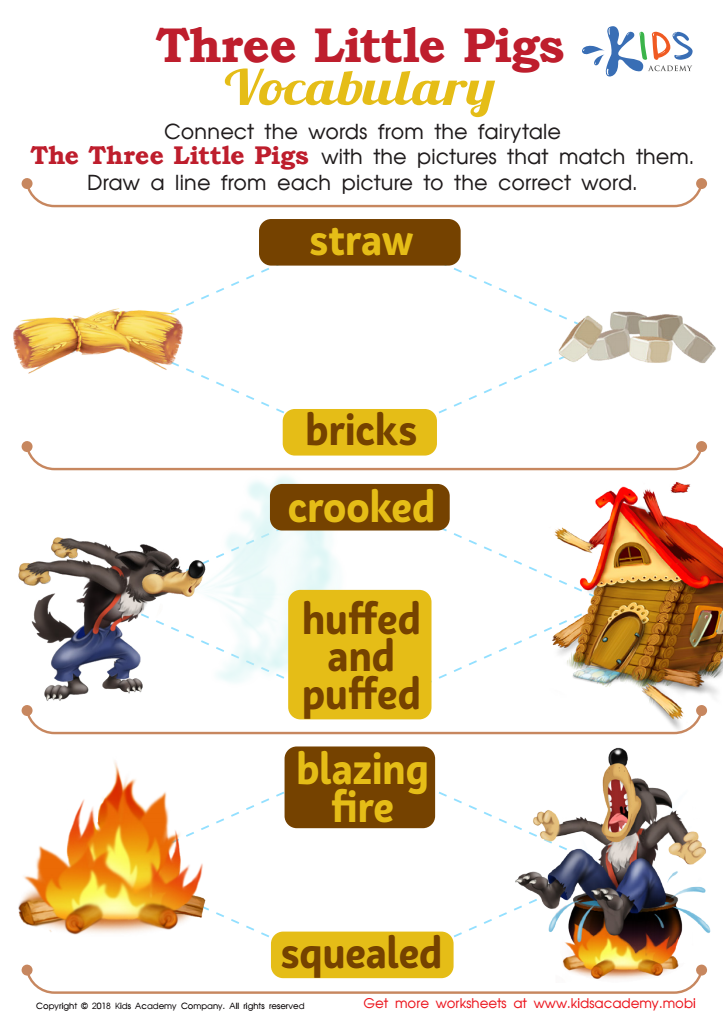

Three Little Pigs Vocabulary Worksheet
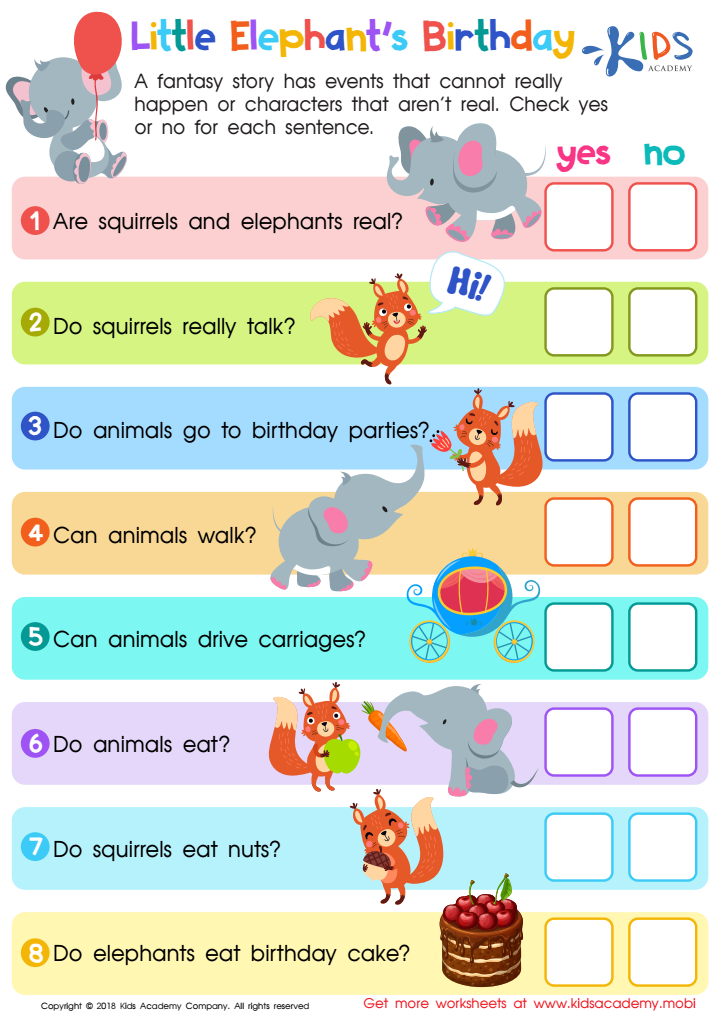

Little Elephant's Birthday Worksheet
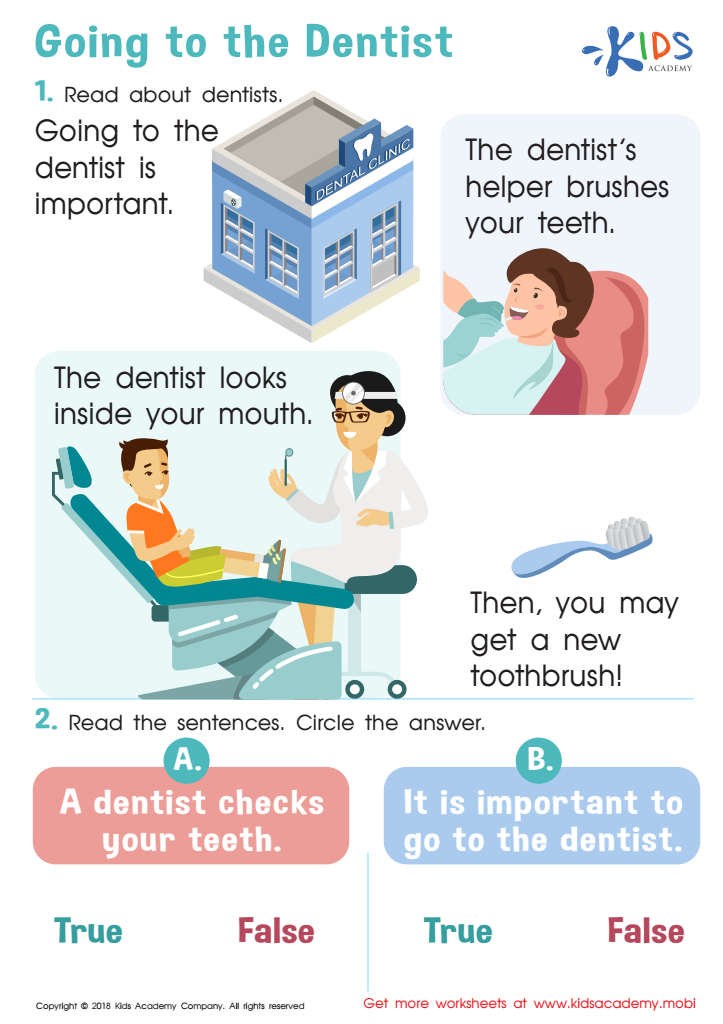

Going to the Dentist Part 2 Worksheet
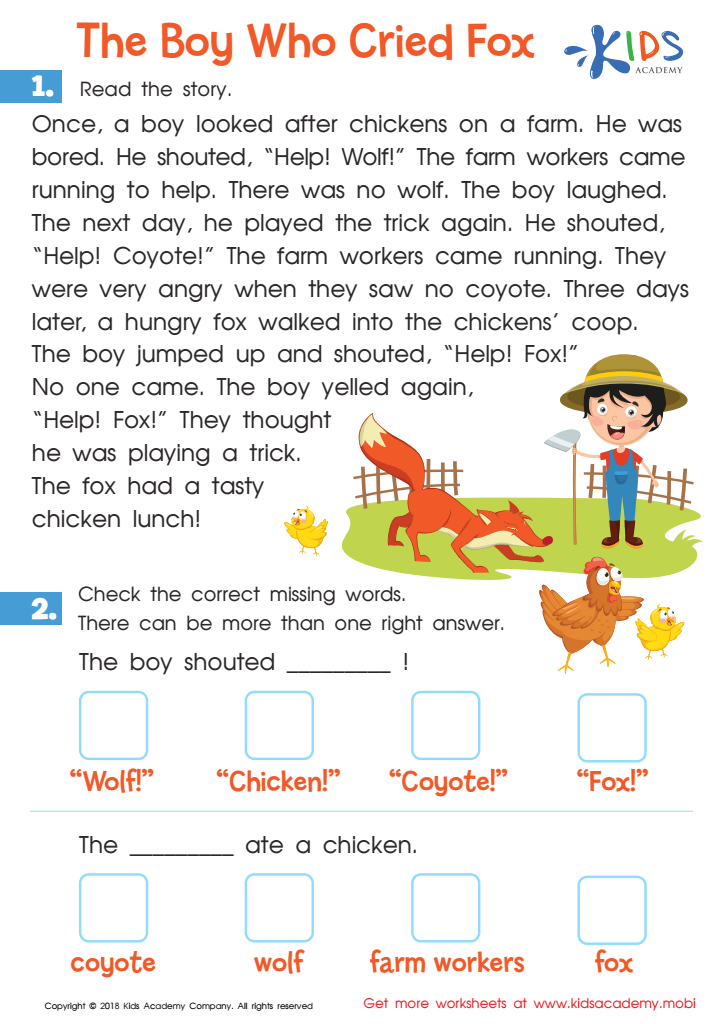

The Boy Who Cried Fox Worksheet
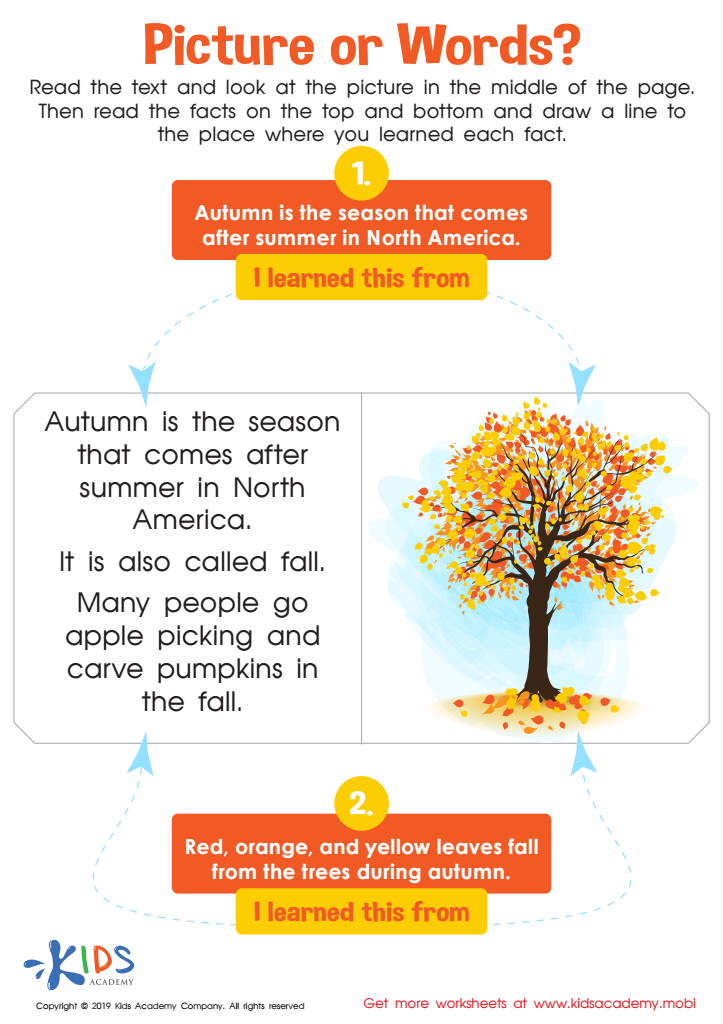

Picture Words Worksheet
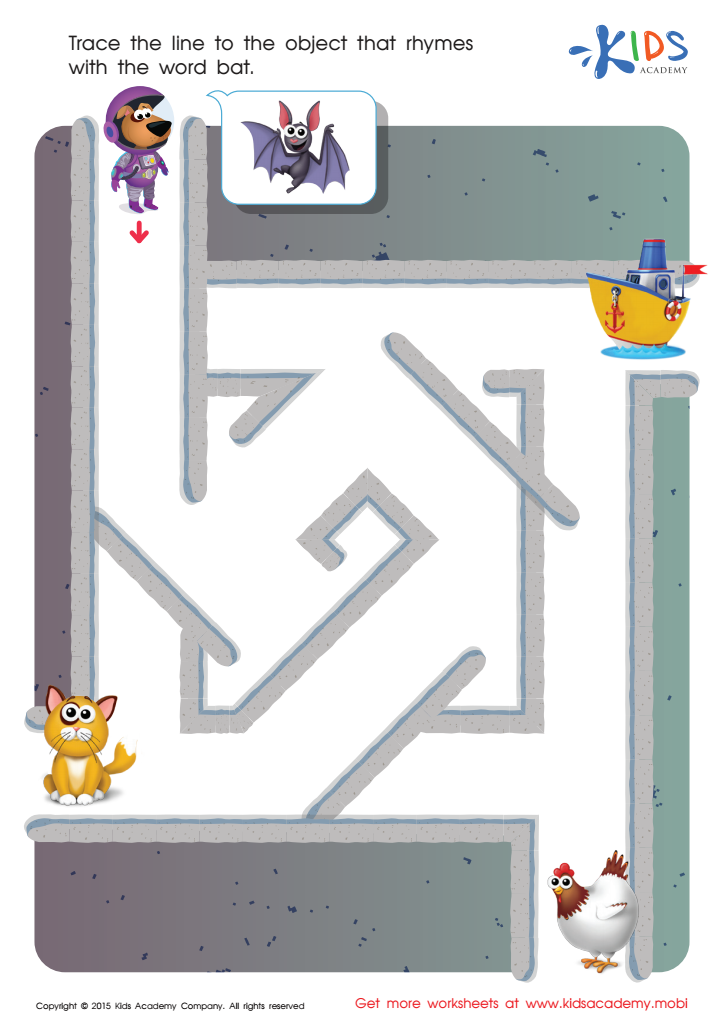

Bat Rhyming Words Worksheet
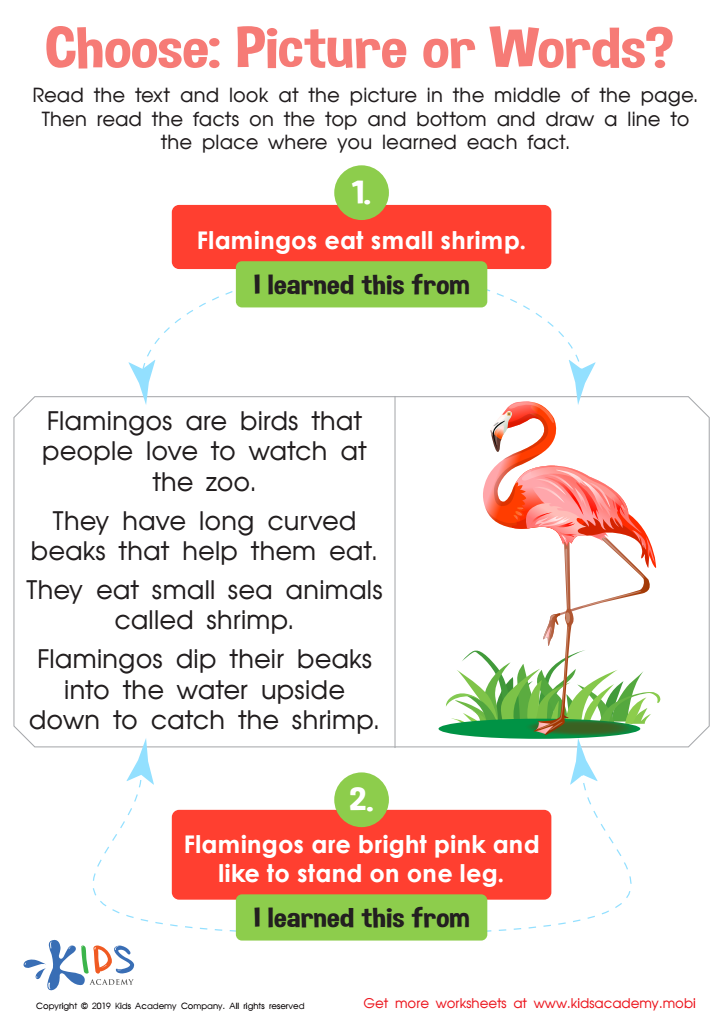

Choose Picture Words Worksheet
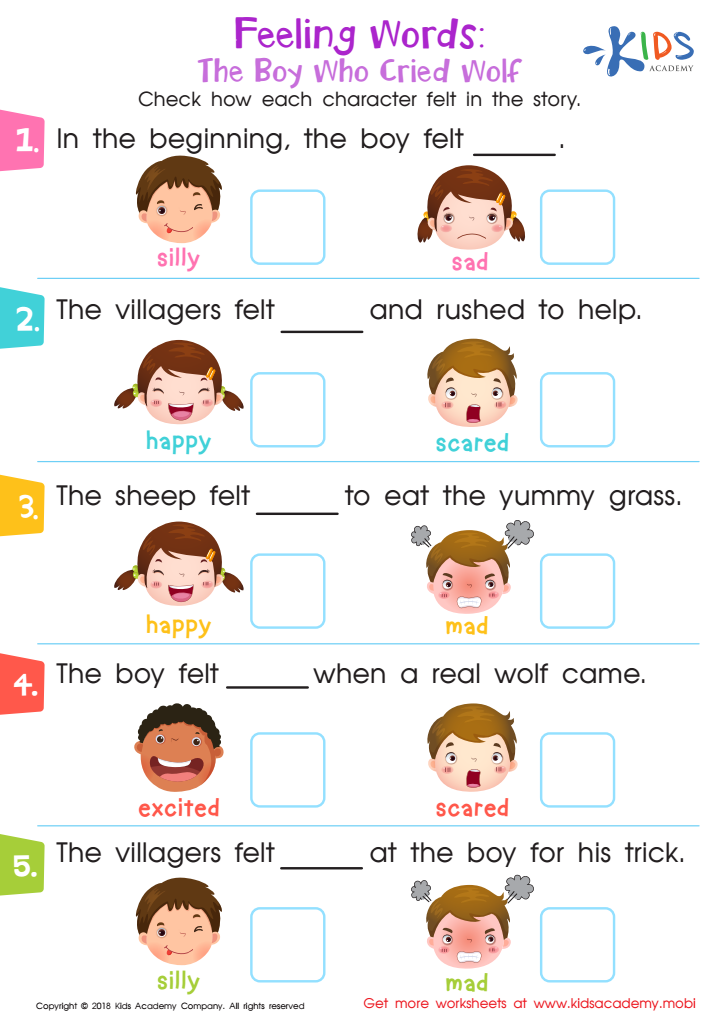

Feeling Words: The Boy Who Cried Wolf Worksheet
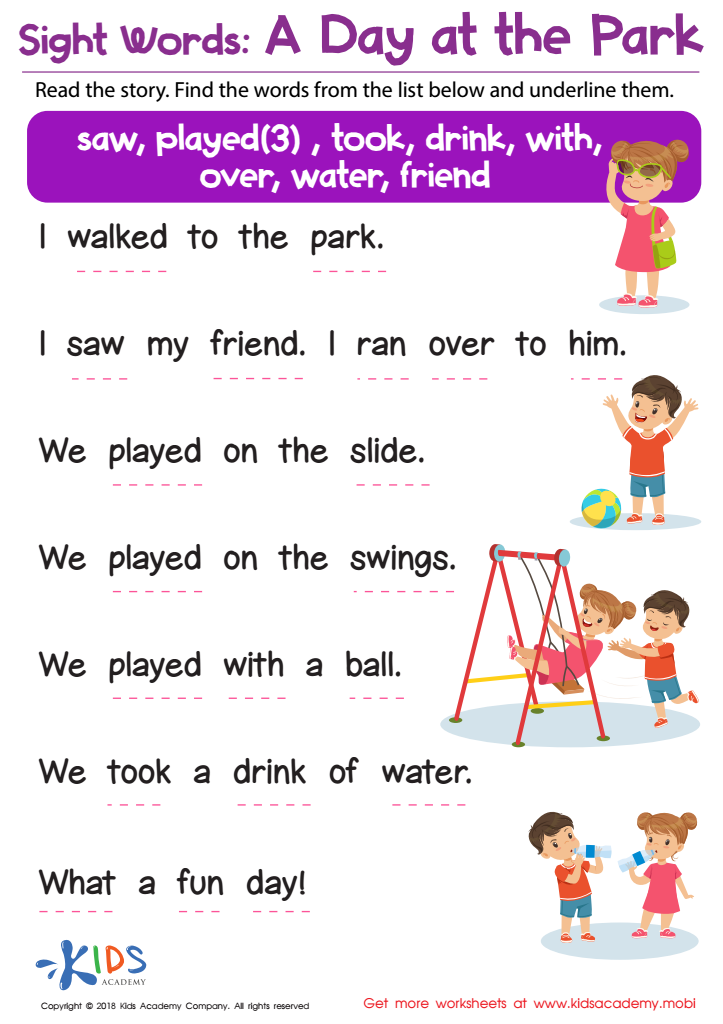

Sight Words: A Day at the Park Worksheet
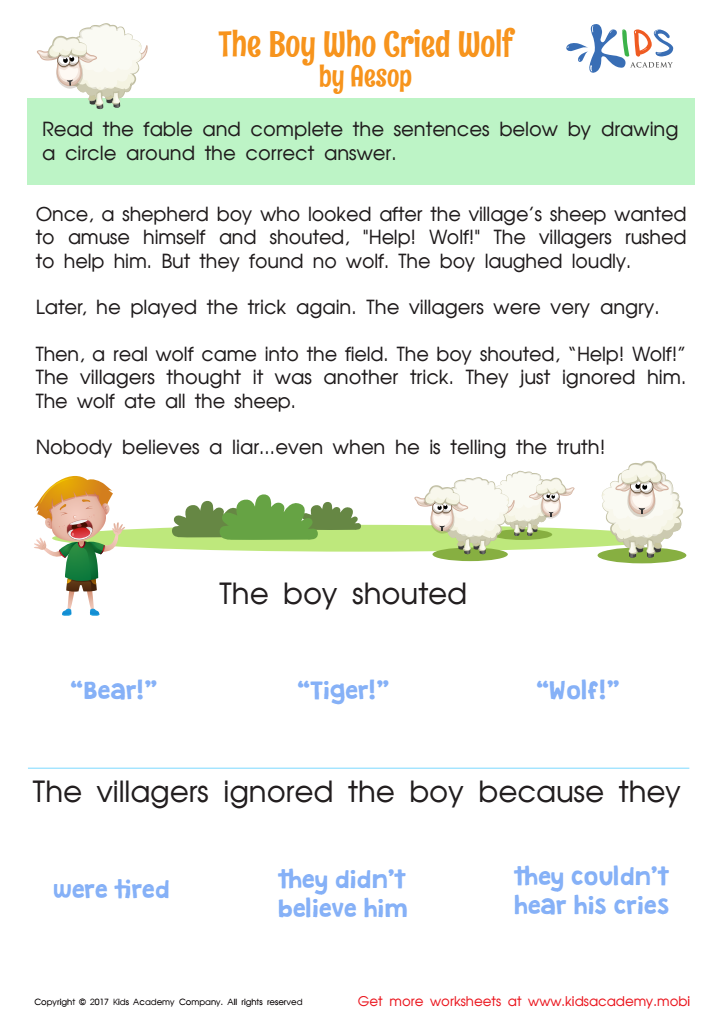

The Boy Who Cried Wolf Worksheet
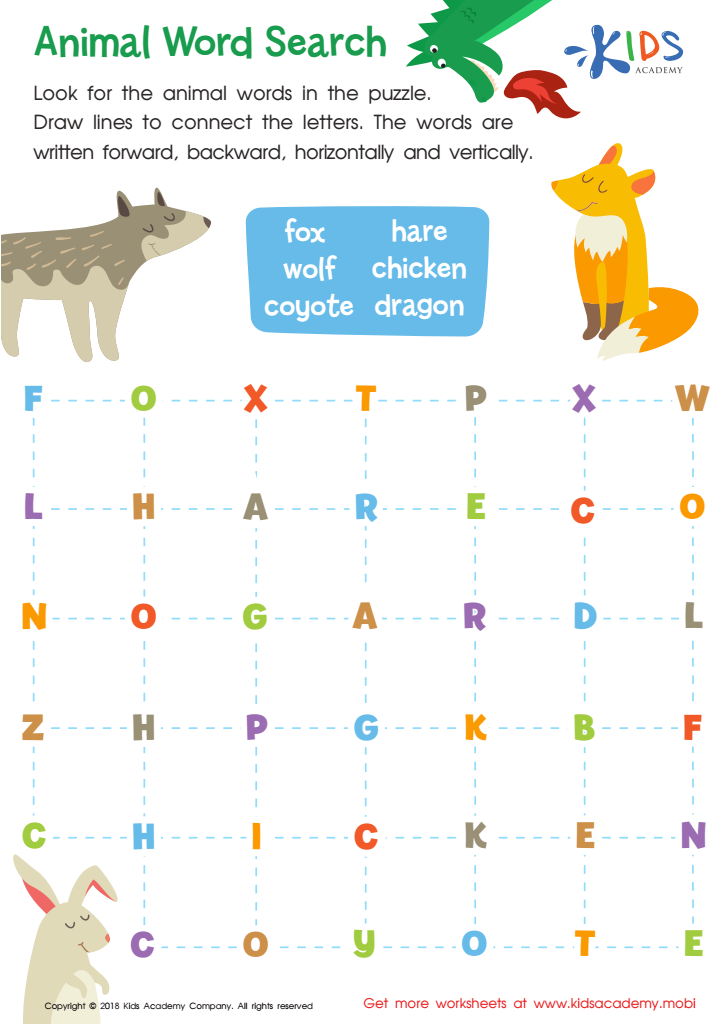

Animal Word Search Worksheet
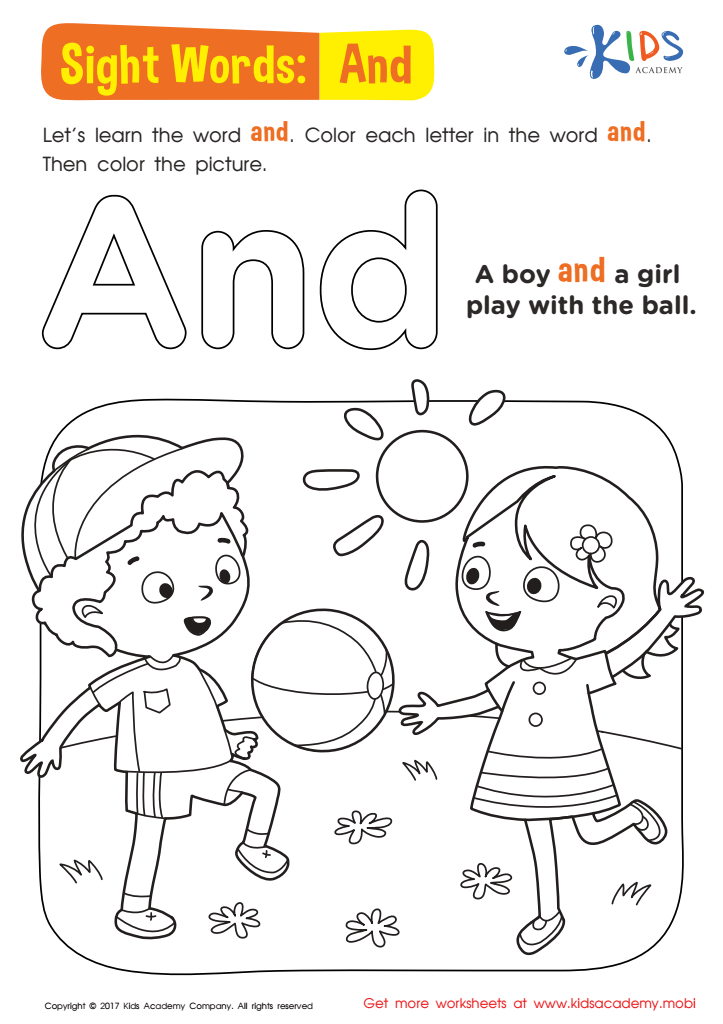

And Worksheet Sight Words Worksheet
Vocabulary building is crucial for 6-year-olds as it lays the foundation for their overall literacy development. At this age, children are expanding their language skills rapidly, and a rich vocabulary enhances their reading comprehension and fluency. When parents and teachers prioritize vocabulary development, they equip children with the tools needed to express themselves clearly and understand more complex texts as they progress in their education.
Moreover, a strong vocabulary is linked to improved academic achievement. Children with a diverse vocabulary are better able to articulate their thoughts and engage in meaningful discussions. This not only boosts their confidence but also fosters a love for learning and reading. Engaging vocabulary instruction, including storytelling, word games, and interactive activities, can make the learning process enjoyable and impactful.
Finally, building vocabulary extends beyond academics; it supports social and emotional development. As children learn new words, they can better express their feelings and ideas, leading to healthier interactions with peers and adults. Thus, investing efforts in vocabulary building during these formative years is essential for nurturing well-rounded, communicative, and confident individuals ready to take on future linguistic challenges.

 Assign to My Students
Assign to My Students

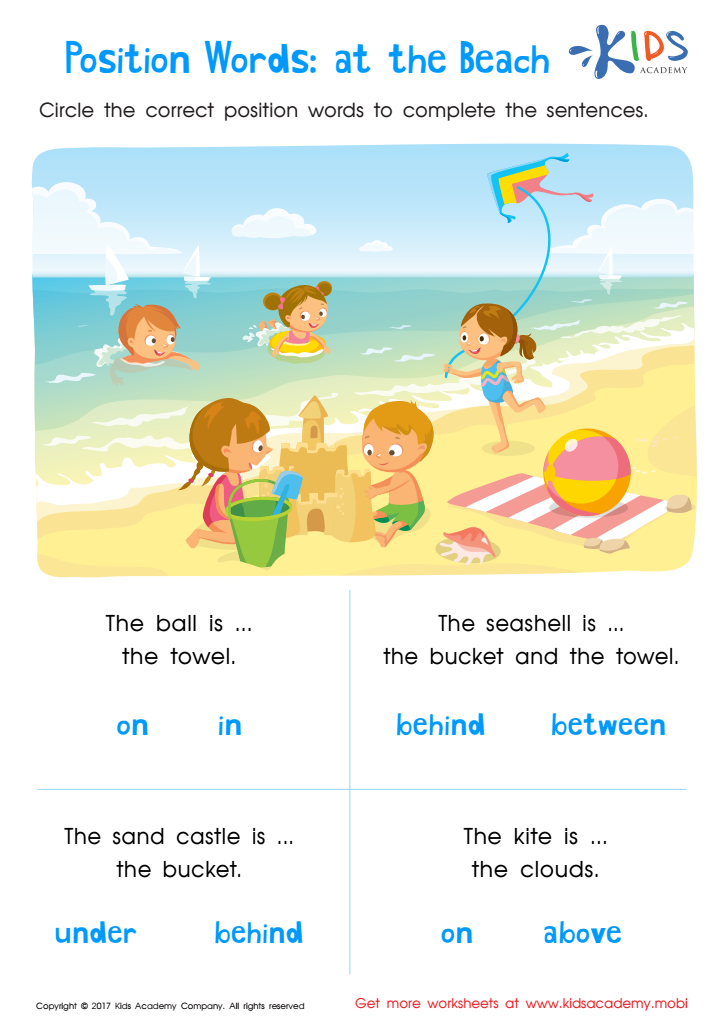





.jpg)

